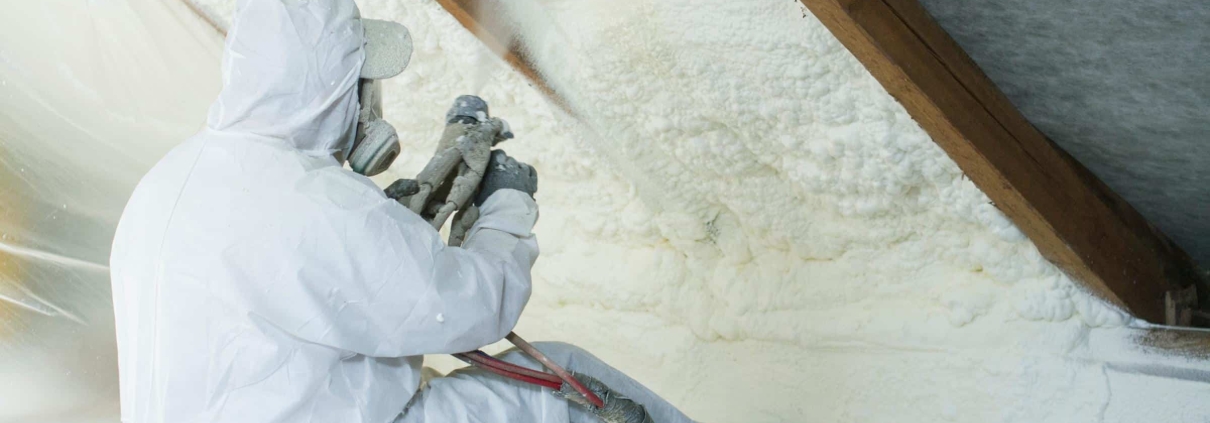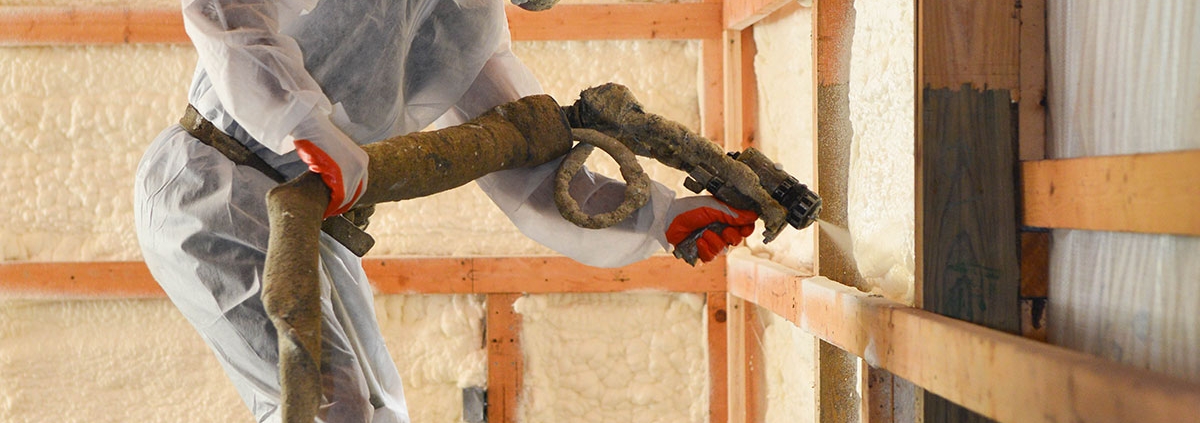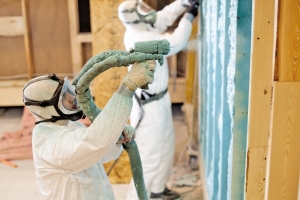When it comes to increasing energy ability and making sure consolation in buildings, insulation plays a critical role. some of the various insulation choices available, spray foam insulation stands out as a better choice for both residential and commercial properties.
In Montana (MT), where temperatures can vary well, having successful insulation is critical for keeping safe indoor conditions and making less energy costs.
This blog searches why spray foam insulation is the smart choice for energy savings in MT and the best part for choosing an affordable spray foam insulation services company in MT for your needs.
Understanding Spray Foam Insulation
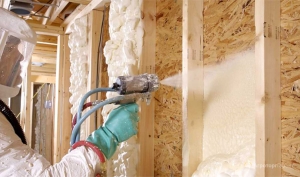
What Is Spray Foam Insulation?
Spray foam insulation is a flexible and highly helpful insulating material that is applied as a liquid and then increased to form a solid foam.
This foam can fill gaps, cracks, and fractures, creating a closed mark that common insulation materials like fiberglass or glucose cannot perform.
Insulation with spray foam has many benefits
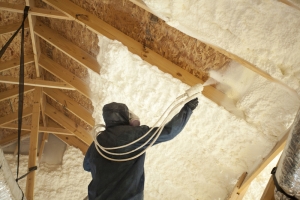
Superior spray foam
Insulating Properties
Spray foam insulation offers a higher R-value (a measure of thermal resistance) per inch in contrast to other insulation materials.
This means it provides better thermal show and care indoor spaces hot in the winter and chill in the summer. This senior insulating property is especially helpful in Montana’s various weather, helping to maintain indoor temperatures year-round.
Energy Efficiency and Cost Savings
One of the most serious leads of spray foam insulation is its power to enhance energy order. By creating a waterproof seal, spray foam keeps down air leaks, which are a common root of energy loss.
This leads to lower heating and cooling costs, followed by substantial savings on energy bills. For both residential and commercial properties, these savings can quickly cancel the initial investment in spray foam insulation.
Moisture and Mold Resistance
Spray foam insulation is waterproof to water, which helps stop moisture addition inside walls and other building parts.
This normally decreases the risk of mold growth, which can cause health issues and structural damage. For properties in MT, where humidity levels can change, this water resistance is a critical benefit.
Improved Indoor Air Quality
By joining gaps and breaks, spray foam insulation lessens the infiltration of outdoor pollutants, allergens, and dust.
This results in improved indoor air quality, creating good living and working conditions. For residents and employees, better air quality can lead not many health issues and grow productivity.
Structural Strength
Closed-cell spray foam insulation adds systemic energy to buildings due to its weight and hardness. This can increase the strength of walls, roofs, and other structural parts, providing an extra coating of protection in case of external forces such as blows and activity.
Sound Insulation
Open-cell spray foam, in certain, provides very good sound insulation. It water noise from outside and between different rooms within a building, giving silent and more secure indoor conditions.
This benefit has personal effects on both residential and commercial properties, increasing privacy and support.
Why Choose an Affordable Spray Foam Insulation Services Company in MT
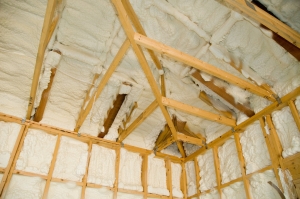
affordable Spray Foam Insulation is the Smart Choice for Residential and Commercial in MT
Cost-Effective Solutions
An affordable spray foam insulation services company in MT offers cost-effective solutions without making a deal on quality. These companies have the skill and equipment to install spray foam insulation efficiently, making sure you get the best value for your investment.
By choosing an affordable giver, you can achieve notable energy savings and improved help without breaking the bank.
Customized Insulation Plans
Respected insulation companies understand that every building is unique. They offer handmade insulation plans that adjust to the single needs of your property, even if it’s a small residential home or a large commercial building.
This customized hail ensures the best insulation show and the greatest energy savings.
Professional Installation
The effectiveness of spray foam insulation depends on its proper installation. An expert residential spray foam insulation service in MT verifies that the insulation is applied right, padding all gaps and creating a logical bar in case of heat loss and air infiltration.
Professional installers have the training and experience to handle compound insulation projects, makes sure high-quality results.
Comprehensive Services
The best commercial spray foam insulation services company in MT offers comprehensive services, including first rating, installation, and post-installation support.
This all-inclusive address ensures that your insulation needs are adjoined from start to finish, providing peace of mind and long-term performance.
Advanced Technology and Techniques
Leading spray foam insulation companies use modern technology and techniques to deliver senior results. They stay updated with the latest industry growth to provide the most efficient and helpful insulation solutions.
By using cutting-side tools and methods, these companies can increase the insulating properties of spray foam and ensure optimal performance.
The Role of Primer Blow-In Insulation Services Company in MT
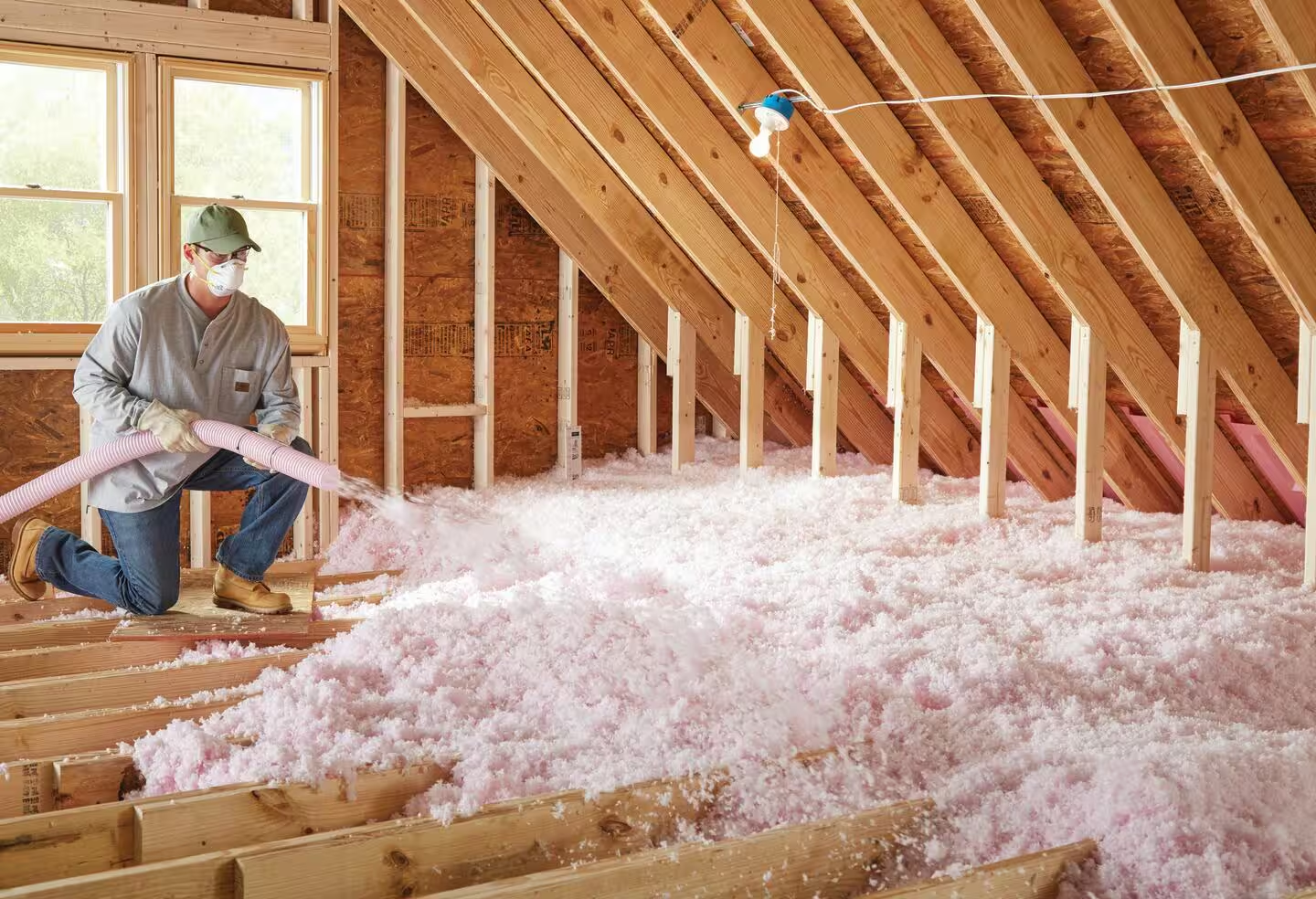
Primer Blow-In Insulation Services Company in MT
While spray foam insulation offers many benefits, other insulation options like blow-in insulation can also play an active role in increasing energy ability. A primer blow-in insulation services company in MT can provide matching insulation solutions for areas where spray foam may not be the best fit.
Blow-in insulation is especially powerful for insulating roof space, walls, and other hard-to-reach spaces, providing extra thermal resistance and improving overall energy efficiency.
Case Studies: Success Stories in MT
Residential Property in Bozeman, MT
A homeowner in Bozeman, MT, was struggling with high energy bills and different indoor temperatures. They want to hire an expert residential spray foam insulation service in MT to address these issues.
After a thorough assessment, the team installed closed-cell spray foam insulation in the walls and roof space. The result was a serious cutting in energy costs and a more comfortable living nature throughout the year.
Commercial Building in Laurel Montana, MT
A commercial building in Laurel Montana, MT, was met with high energy expenses and poor indoor air quality due to outdated insulation. The building owner contacted the best commercial spray foam insulation services company in MT for a comprehensive solution.
The company mentions a combination of closed-cell spray foam insulation for the outer walls and blow-in insulation for the roof space. This approach increases energy efficiency, improves indoor air quality, and real cost savings.
Conclusion
Spray foam insulation is undeniably a smart choice for Montana’s residential and commercial energy savings. Its senior insulating properties, energy ability, moisture resistance, and other benefits make it a perfect solution for various weather orders in MT.
Property owners can enjoy the advantages of professional installation and customized solutions change to their specific needs by choosing an affordable spray foam insulation services company in MT.
Also, considering supporting insulation options from a primer blow-in insulation services company in MT can further increase overall energy efficiency and support. Make the smart choice today and invest in spray foam insulation to refresh your space and achieve remaining energy savings.
